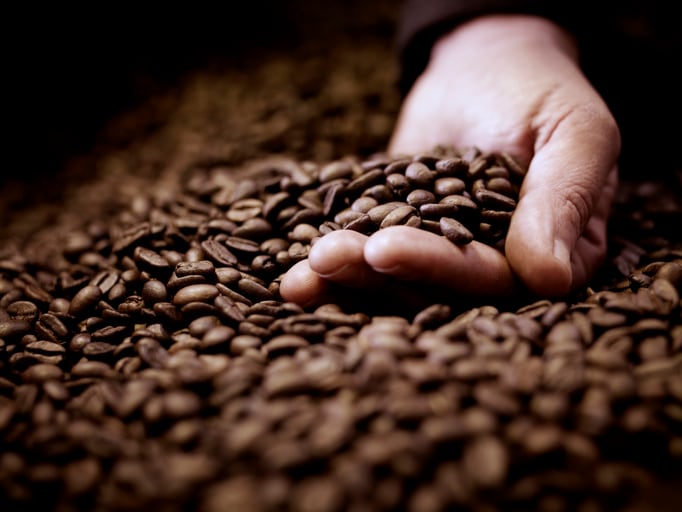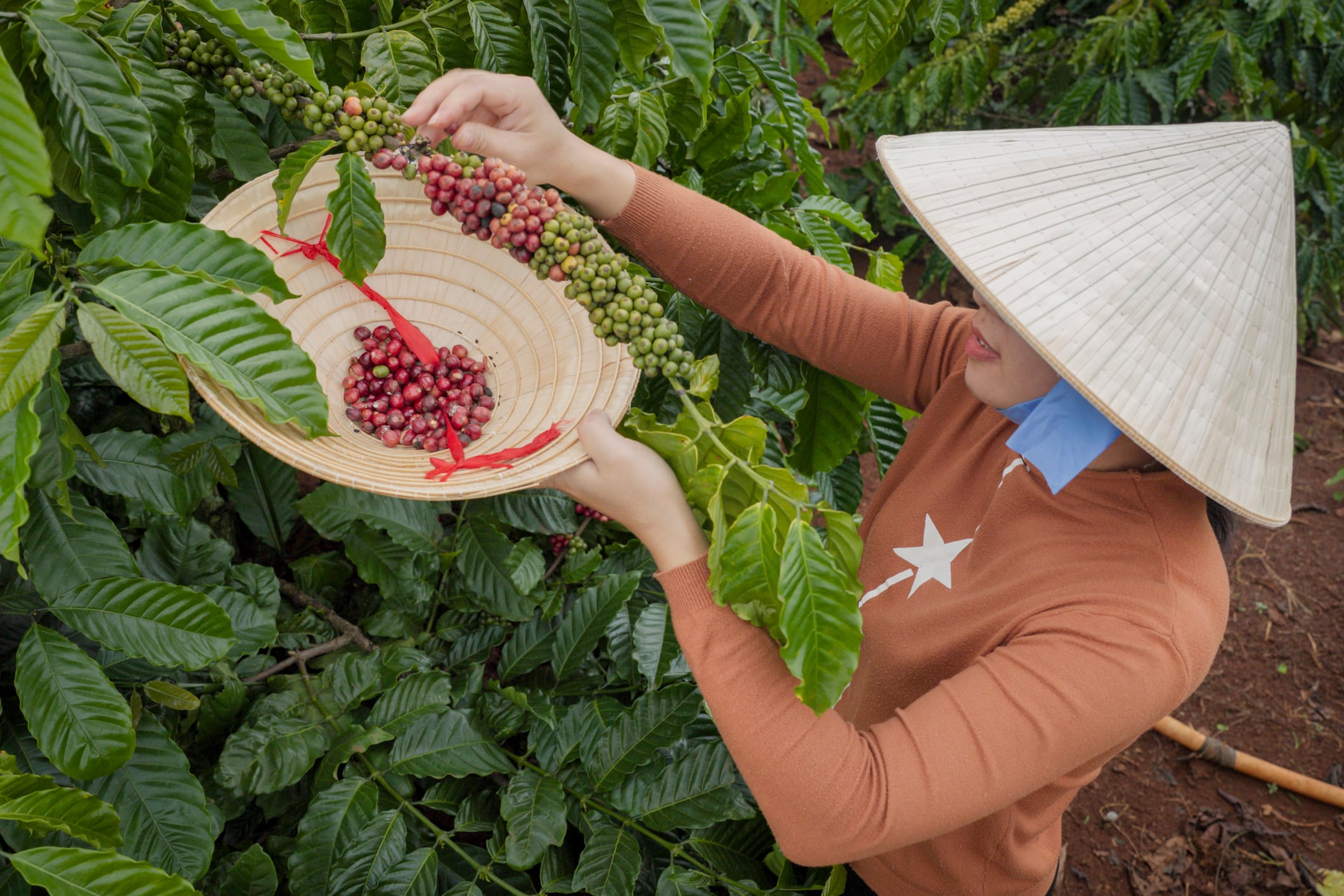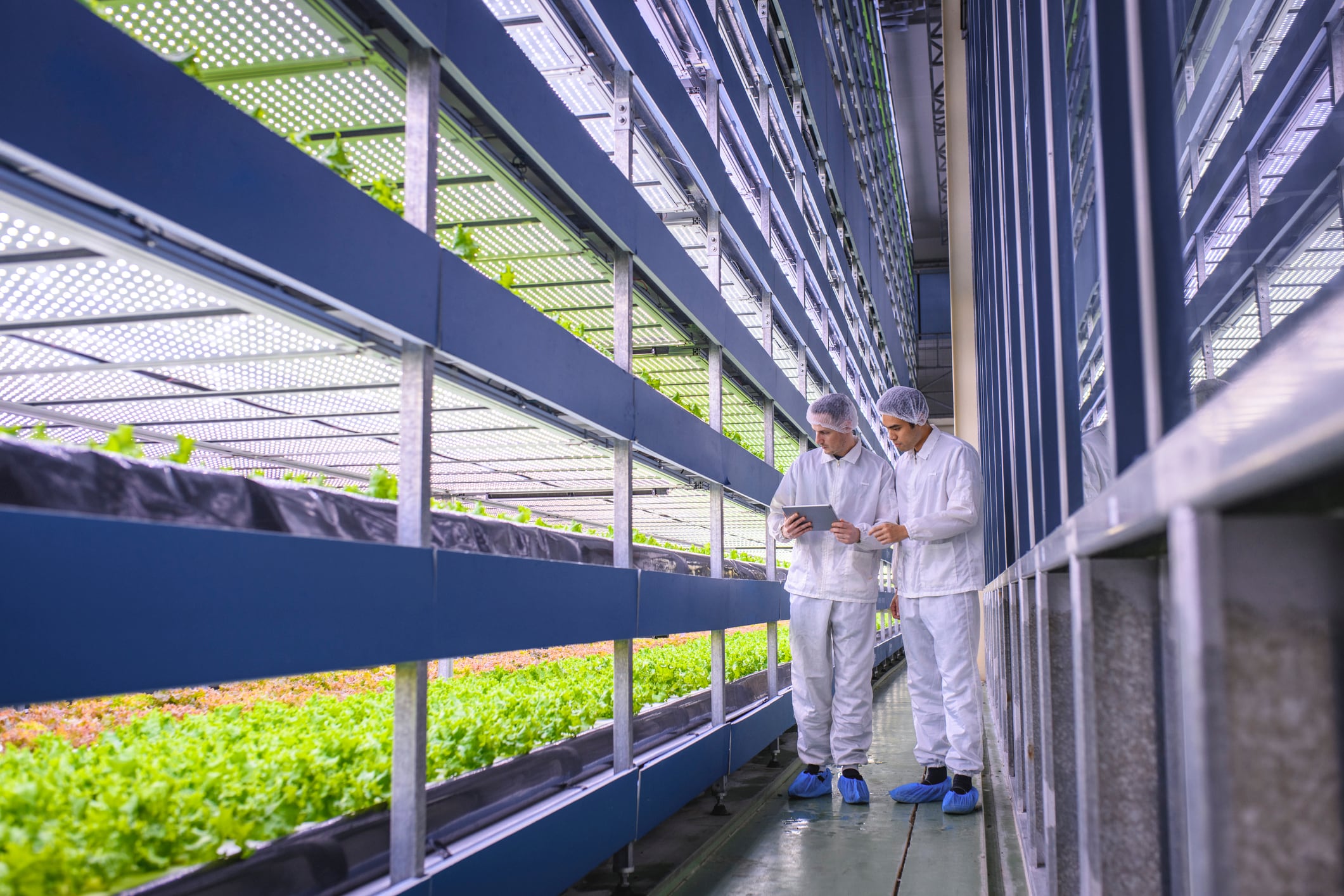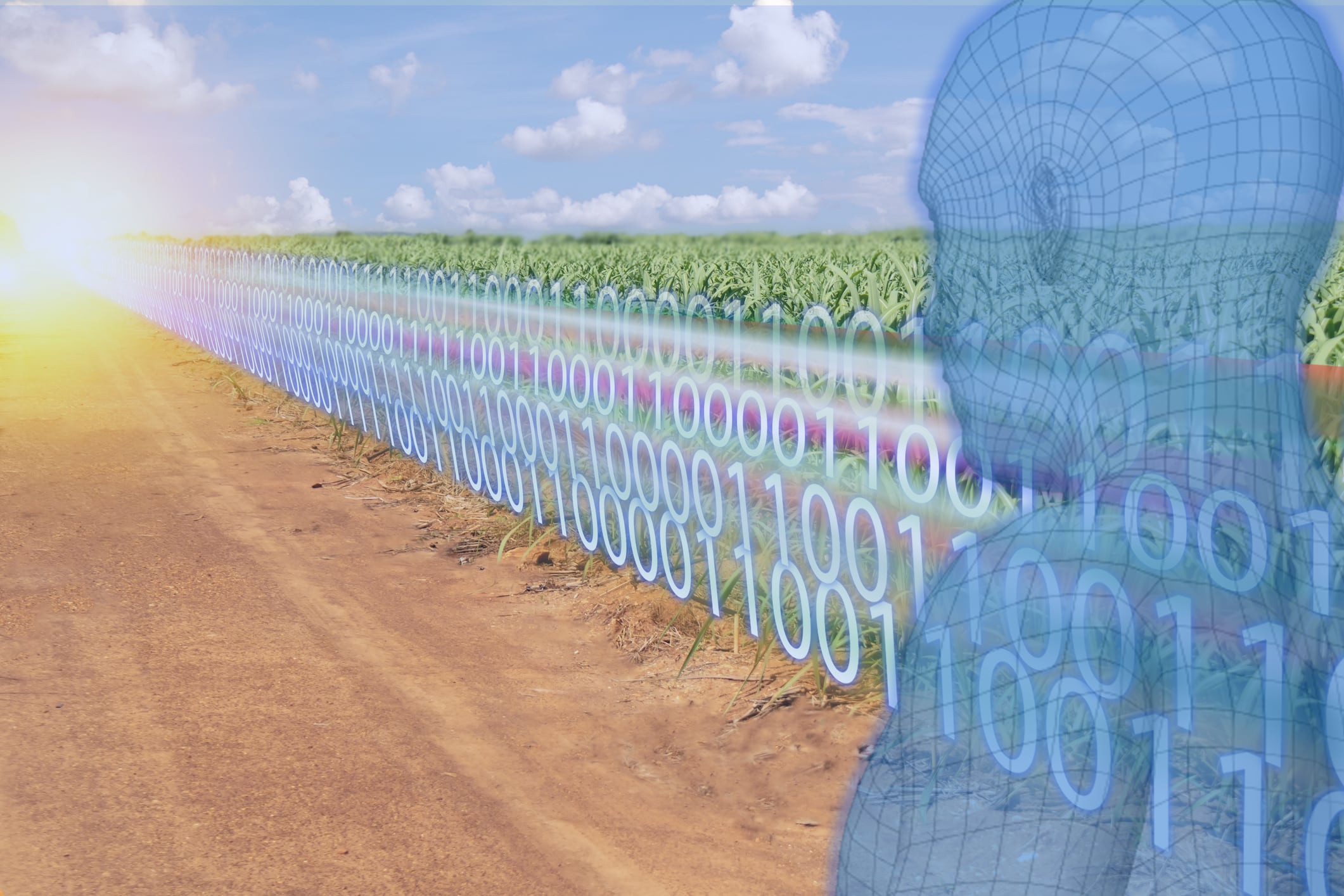ALKO developed a digital traceability system with QThing-X to drive sustainability and build trust with international markets.
With the system, every coffee bean can be traced from the farmer all the way to the harvest date.
According to ALKO, the information such as cultivation activities, fertiliser use, plant treatment, and harvest time, is recorded digitally at the farmer-level through a smartphone application.
The firm provided training to farmers to record and manage their data.
“This digitalisation also supports the cooperative’s internal process in data-based decision making. The ALKO team can analyse production trends, plant diseases, training needs, and the effectiveness of field interventions. With accurate and real-time data, quality improvement programs can be designed more responsively and on target,” it said in a press release.
This information can be found through ALKO’s website, which can be accessed by anyone.
“Through this feature, buyers, trading partners, and consumers can see important information related to coffee: the name of the farmer group, the height of the plantation, the taste profile, and the post-harvest method. This is not only a form of transparency but also respect for the identity and work of the farmers,” said ALKO.
With ever package of ALKO coffee, there is a QR code link that leads to farmer profiles to add value and build “an emotional connection between consumers and producers.”
“For farmers, this system is a source of pride. Their names and stories are no longer lost in the long distribution chain but become part of the product narrative,” said ALKO.
ALKO believes its steps go beyond improving transparency and traceability, but also serve as digital education for the communities, which can support the next generation of farmers.
Expanding to US and UAE
ALKO announced on June 21 that it was set to export 19 tonnes of robusta and arabica coffee to Dubai through Middle Eastern trading partner Greenlot Coffee.
This followed ALKO’s first exports to California after securing a long-term partnership with US-based Royal Coffee.
The expansion into these two major markets underscored the demand for transparency and traceability in coffee.
“Transparency in the coffee supply chain is no longer an option, but a necessity,” ALKO said.
“Global consumers, especially from Europe, Japan, and the UK, are increasingly demanding coffee that is not only high quality, but also has a clear trace of origin, is environmentally friendly, and supports farmers.”
At the same time, coffee producers must navigate stringent policies such as the European Union Deforestation Regulation (EUDR).
Farmer empowerment
ALKO recent launched the Coffee Farmers Go Global program, which saw them connect their cooperative member farmers from eight provinces to coffee farmers in Da Lat, Vietnam.
The goal of the program was to “learn best practices and establish strategic cross-border partnerships”.
The group visited Elon Farm, a 12-hectare robusta coffee plantation, and Thy Thy Farm, a community-based arabica plantation.
They also visited a coffee nursery managed by Eakmat Tây Nguyên, an official body under Vietnam’s agricultural authority that issues coffee seeds.
The participants studied the seed certification process, variety selection, and professional nursery practices that could be adopted in its own local practices.





